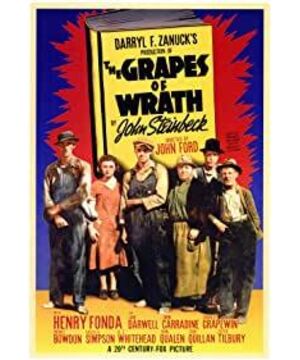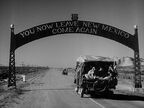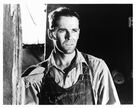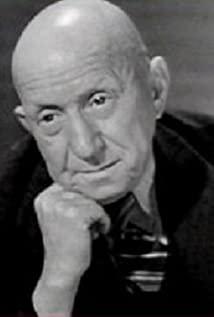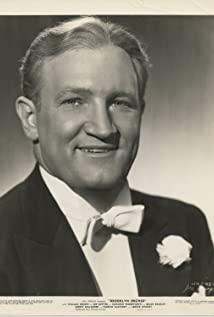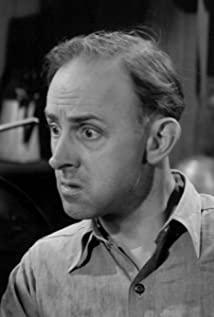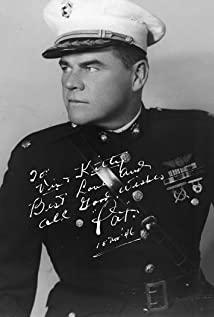The movie was very sad. The music of "Red River Valley" kept playing, the broken car, the boundless desert, the separated family, the steady and tough emotions, this is American, humorous and optimistic, loves to dance , Self-esteem and self-improvement, this is not the American we are familiar with, miserable, helpless, nostalgic for family.
That was an era of social anomie. At that time, people would go to the jungle, and they would eat each other, and everyone would be in danger. At this time, someone who promised to give people food and drink was needed, so that order needed to be re-established. Some are through uprisings, while others are through reforms. Both methods can alleviate social conflicts and make the anger of the weak disappear. Mankind once had slavery, serfdom, small peasant system, proletarian system, and now the fragile middle class system. These ordinary people are working like screws, capitalism, market economy, working to make money, that's all.
To speak of left-wing films, one has to mention critical realist works. Most of their protagonists are people from the lower class of society, who encounter unfair treatment, and eventually resist violently or die unfairly. They want to arouse not only sympathy, but also demands for justice and dignity. The dignity of being a human being, the dignity of being a worker, the dignity of being alive. If they work hard and have nothing to eat, how can it be a normal economic system? Even if you are unemployed, you should get help from the government and society. Otherwise, what is the difference between humans and beasts? Why do humans say they have morals?
This is a left-wing movie, but this movie is not so much inciting hatred as it is to exaggerate sadness, the kind of sadness of homeless, helpless and desperate wanderers. The mother is sad for the son, the son is sad for the mother, the only thing that is not sad is the children. In the end, there is still a bit of red rendering, but nothing more. The socialist ideology contained in it is very limited, and it is more of the liberal ideology of the Americans during the War of Independence.
Not to mention these land-lost peasants, those who have been invaded, and those ruled by foreign races, this is also true. Live for dignity. This may not be necessary for many people, but our current requirement is that this is the bottom line. You must pursue dignity, so that you are worthy of being a human being.
Left-wing movies are often too sad and sympathize with the weak, so that the weak becomes a god without any shortcomings. In fact, it is not the weak who should sympathize, but the nobleness of human nature has been obliterated, and the justice of the world has been destroyed. This is where the most grief should be.
No need for hatred. No matter how unforgivable people are, even if they are in the system and amplify the evil, the confrontation will be fruitless. Breaking the system may be more useful than killing that person. The same is true for war. Once the opponent is dehumanized, war is inevitable.
The greatness of left-wing thinking lies in his pursuit of fairness, not just equality. Whether it is slaves, peasants, workers, comrades, or other disadvantaged groups, he hopes to give them a chance and hope for survival.
China has not had a left-wing film for a long time, because this is a left-wing era, and it seems that there is no need for a left-wing film. This is the paradox that the left-wing film pursues.
View more about The Grapes of Wrath reviews


